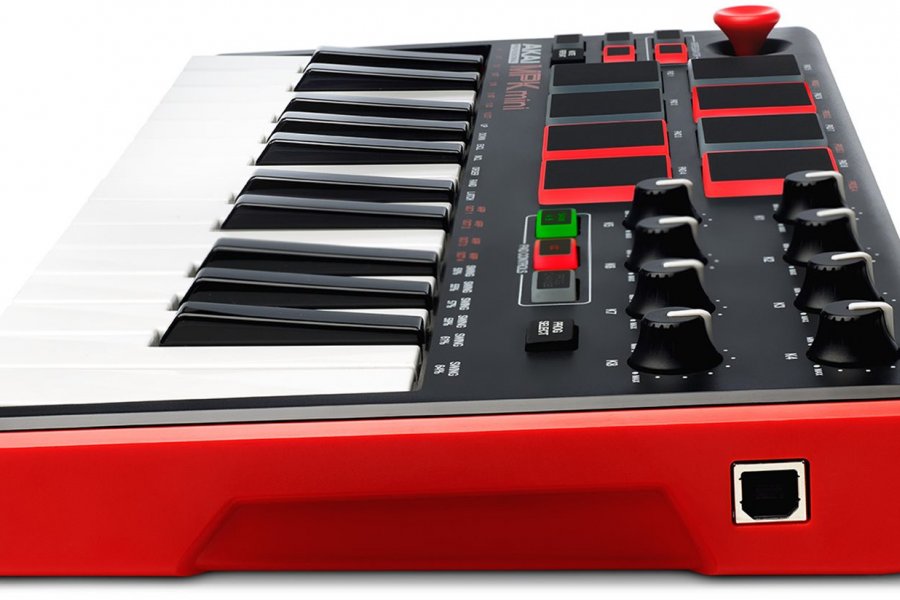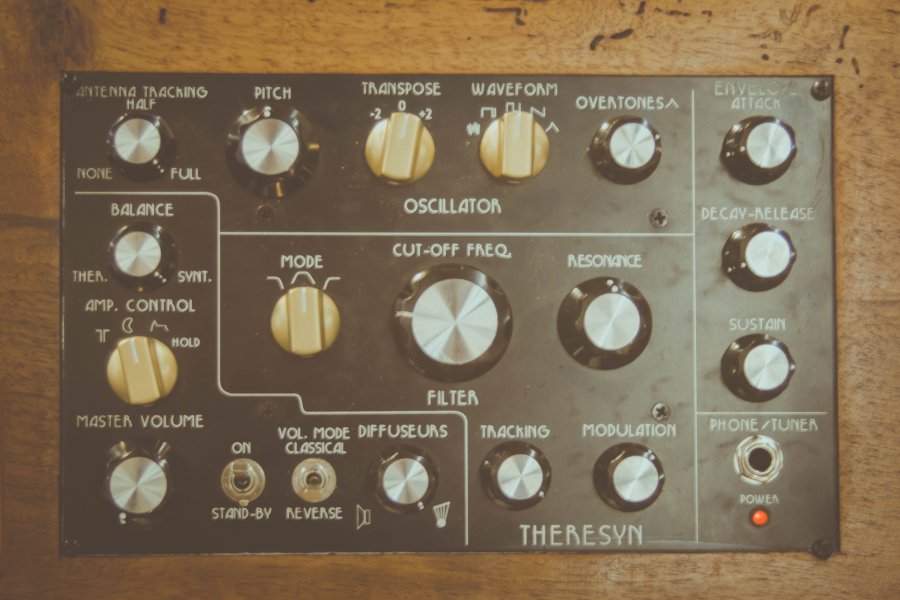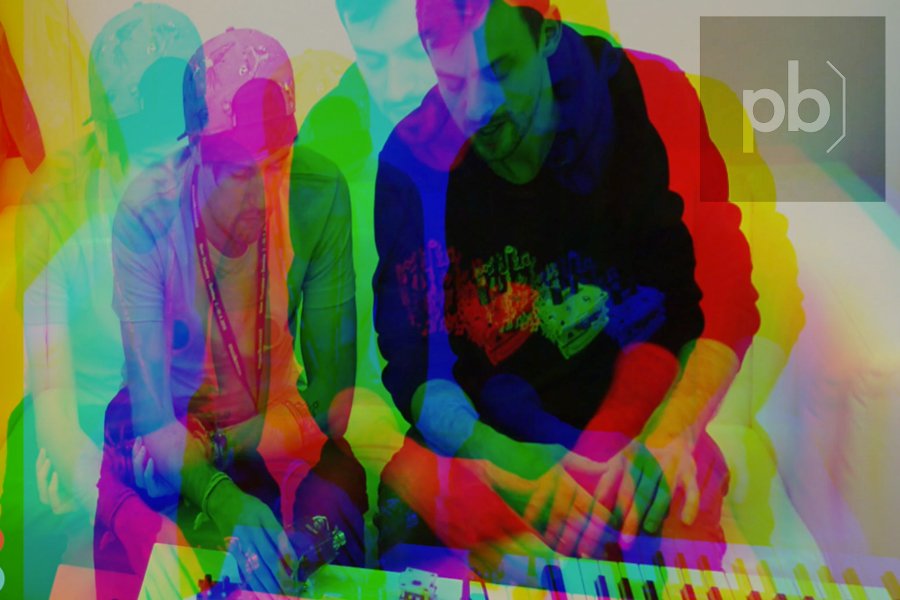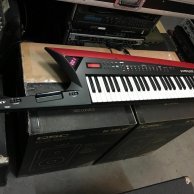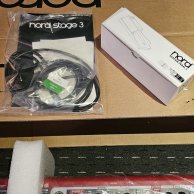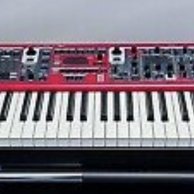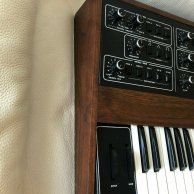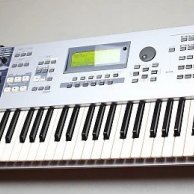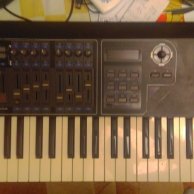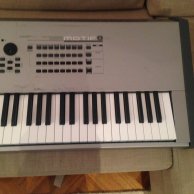Get to Know Your Synthesizers
The synthesizer is without a doubt the most game-changing instrument since the electric guitar. Its constant evolution has shaped modern music, to the extent that many genres of music have been a direct consequence of a new model of synthesizer coming onto the market. And not only for electronic music; the synthesizer is used in many other genres from pop to progressive metal and everything in between. The synthesizer, in its many variants, is found almost everywhere nowadays.
It is no surprise then that modern musicians like us have an interest in experimenting with it, be it for use in our music or just out of curiosity. The problem arises when we try to find out where to start, for the synthesizer has many variants and each one has its own characteristics. Analog? Digital? Modular? Soft-synth? This article will try to make things easier for you to understand it all!
Before continuing, let's clarify a common misconception: A synthesizer is not a sampler. While both look similar at first glance and both usually use a keyboard, a synthesizer synthesizes sounds (hence the name) and the sampler plays sounds (samples) that have been previously recorded. In other words, the synthesizer creates the sound from zero while the sampler just plays something that has already created before. Samplers are usually called keyboards because they usually come with a built-in-keyboard to play the sounds. However, many synthesizers also come with a built-in-keyboard, so it's easy to mistake one for another at first glance. Check out our synthesizer and keyboard categories to see examples of each one that our users are selling.
Now let's take a look at the kinds of synthesizers out there to see what suits you the best.
Analog synthesizers
The first kind of synthesizers ever made, but still widely used and usually the most appreciated. Invented more than 50 years ago by the electrician Robert Moog (hence the name of the popular brand of synthesizers Moog), these synthesizers use physical circuitry to create and manipulate sound from electrical signals. This was a revolutionary concept when invented since it allowed to create sound "from scratch" in a way that was not possible with traditional instruments. The sound signal can be further processed in different ways, in a similar way as the guitar player uses pedals to process the sound of his or her guitar.

The sound of analog synthesizers has an organic and authentic feeling due to the inevitable imperfections of the physical circuitry that generates it. Those little imperfections give it a more human feeling, usually in contrast with the "flawless" sound of digital synthesizers, as we will see later. The drawbacks are that these imperfections can go too far: for example, their sound can get unexpectedly detuned with temperature changes, as a real instrument would.
Let's see two popular and contrasting examples of songs that use analog synthesizers:
Analog synthesizers can be further divided between modular and all-in-one. Modular synthesizers are made of different modules that connected together with cables (patches) as a chain that generates sound while each part generates or modifies the sound in a different way. Think of the different pedals of a guitar player and how each one modifies the sound differently. Modular analog synthesizers are great for experimenting, but they are usually very expensive and big and are not always good for beginners - think about those huge old synthesizers with lots of cables hanging around.
On the other hand, all-in-one analog synthesizers are a compact solution that is easier to carry around and cheaper (though they can still be VERY expensive).
Analog synthesizers are making a comeback and some old analog synthesizers are very sought after; some people are willing to pay a fortune for them. In fact, if you happen to have an old synthesizer at home it might be worth checking out its value nowadays, for you might have a little treasure there. If you do, at Bbop we make it easy for you to sell your synthesizer to musicians of all Europe.
Digital synthesizers
You love them or you hate them. They create the sounds with algorithms instead of with physical circuits. They were supposed to be revolutionary not only because they could create a whole new range of sounds, but also because they were cheaper than analog synthesizers and didn't suffer from temperature changes.

These synthesizers appeared at the end of the 70s and completely shaped the music of the 80s. The sound of digital synthesizers is usually considered as bright and robotic, lacking the authentic warmth of its analog counterparts. Take a listen to the 80s hit "Take on me" by A-ha and you will easily recognize that characteristic 80s sound created with digital synthesizers.
The overuse of digital synths in mainstream music during the 80s ended up making people tired of its sound and to prefer again the warmth and character of the analog synthesizers. Still, the digital sound is making a comeback charged with nostalgia in genres like "Synthwave", which makes extensive use of the sounds that defined the 80s but using modern production techniques. Check out the recent song "True Survivor" by David Hasselhoff, which makes extensive use of digital synthesizer sounds.
If you have an old digital synthesizer think about putting it on sale online: you never know who's looking for to get their hands on those sounds full of nostalgia.
Software Synthesizers: Softsynths
Probably the most recent significant evolution of the synthesizer is the rise of synthesizer-emulating software (also called "softsynth"), which imitates the sounds of both digital and analog synthesizers. Although these do a good job in terms of sound, the main problem is that they tend to "kill" creativity: Many musicians agree that part of the magic of a synthesizer is playing around with the physical object until they achieve a unique sound, and that with softsynths it's too easy to just choose one of the many presets that come with it, which carries the danger to make songs and artists sound similar.
This is more of a personal point, and while most of the times you can technically achieve (almost) the same sound with software as with hardware, most will agree that the physical synthesizers are better for experimenting, and in general having more fun (which is an important factor, after all).
Whether you are looking for your new synthesizer, looking for an upgrade or you just want to sell an old synthesizer, Bbop has you covered. You can buy and sell from and to musicians of all over Europe, with zero additional costs. Give it a try, it's free and easy!


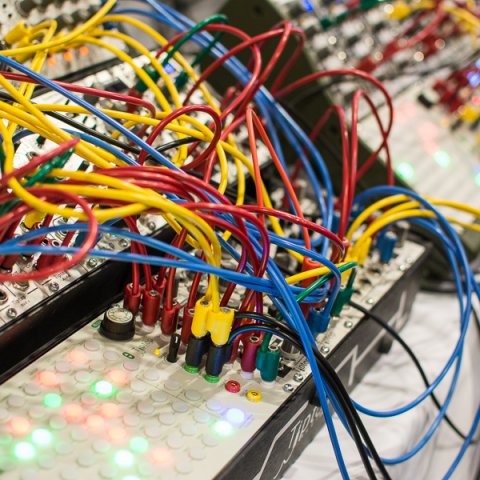
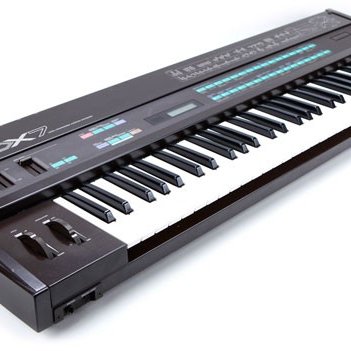
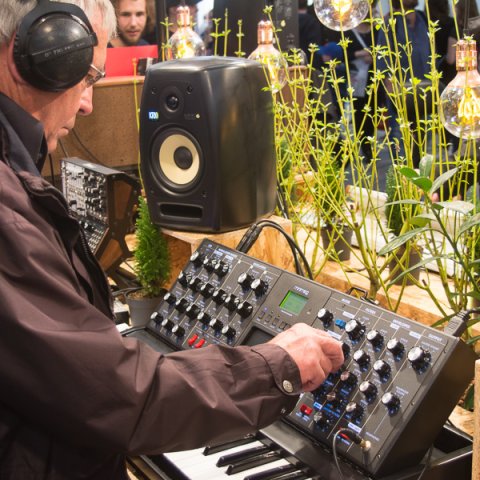
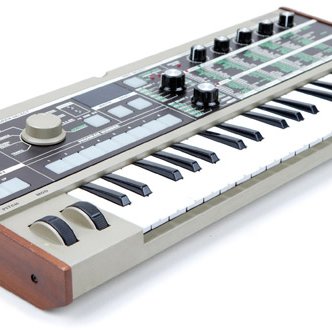


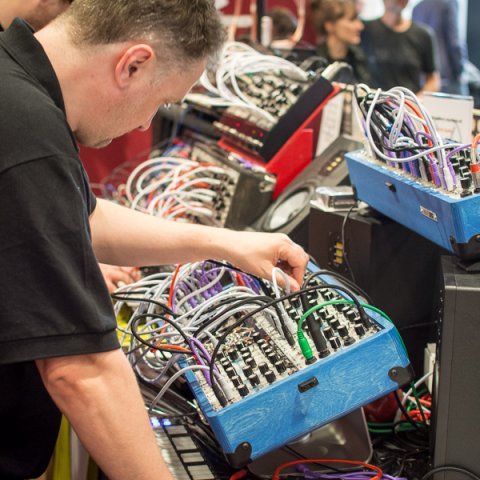
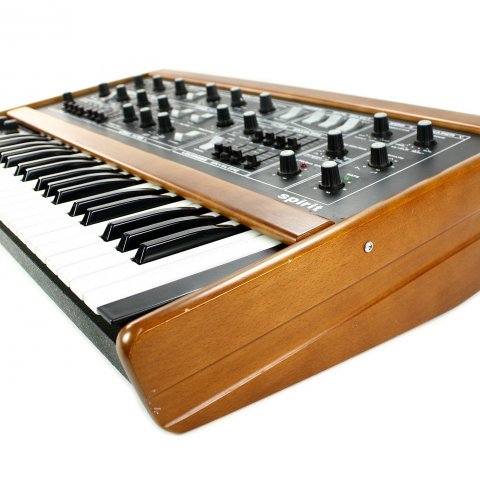
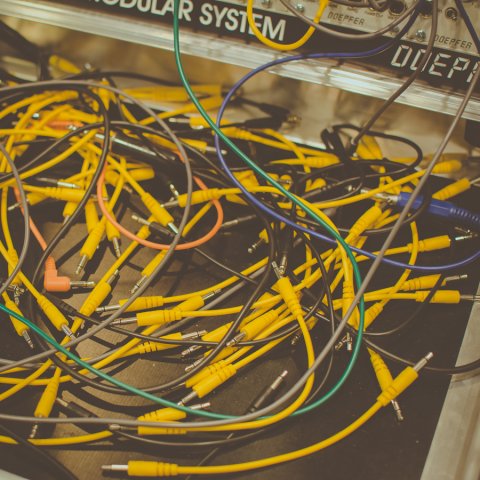
 Other blog items you might be interested in...
Other blog items you might be interested in...
